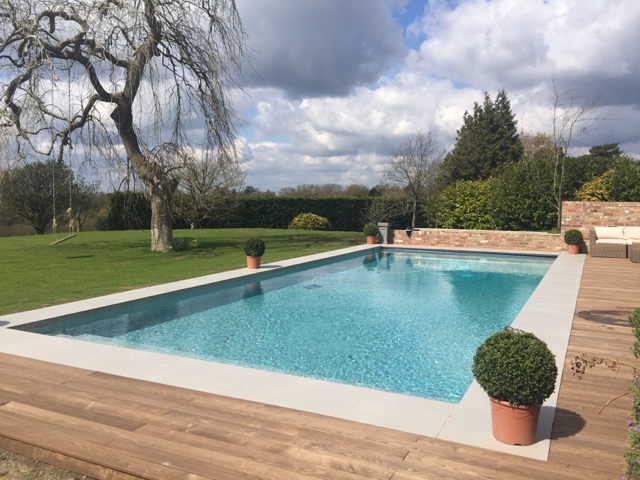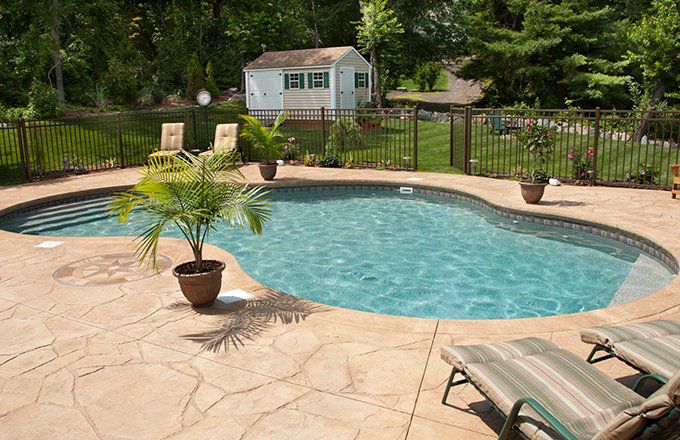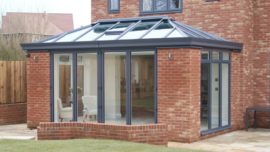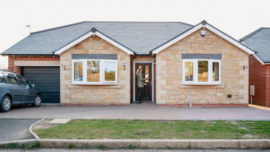The Rules and Regulations of a Built-In Swimming Pool in the UK
A private swimming pool is the epitome of luxury and relaxation, transforming your backyard into an aquatic haven. However, the installation and operation of a built-in swimming pool in the UK come with a series of rules and regulations that must be adhered to. These guidelines ensure safety, environmental responsibility, and compliance with local laws. In this article, we’ll delve into the essential rules and regulations that govern the construction, maintenance, and use of built-in swimming pools in the United Kingdom.
Planning Permission and Building Regulations:
Before embarking on the construction of a built-in swimming pool, it’s crucial to determine whether you require planning permission. In general, if the pool is to be located within the curtilage (the area of land around a building) of a listed building or in a designated area, you may need to seek planning permission from your local planning authority.
Building regulations also play a vital role in the construction process. These regulations primarily focus on safety aspects such as fencing, access, and water treatment systems. The installation of appropriate safety barriers, such as fencing or walls, is essential to prevent unauthorized access and protect young children from potential hazards. Building regulations may also require you to install anti-entrapment measures in the pool to prevent swimmers from being caught in drains or suction fittings.
Safety Measures:
Safety is of paramount importance when it comes to swimming pools. In the UK, the following safety measures are typically required for built-in swimming pools:
- Fencing and Barriers: A suitable safety barrier must be in place to prevent unauthorized access, especially by young children. Fencing should be of a certain height and design to ensure its effectiveness.
- Covers and Alarms: Some local authorities might require you to have a pool cover and/or alarm system. These measures enhance safety when the pool is not in use.
- Non-Slip Surfaces: The pool area and surrounding deck should have non-slip surfaces to minimize the risk of slips and falls.
- Rescue Equipment: Adequate rescue and emergency equipment should be easily accessible near the pool area.
Water Quality and Environmental Considerations:
Maintaining proper water quality is essential for the health and safety of swimmers. The UK Health and Safety Executive (HSE) provides guidelines on pool water quality, including water treatment, filtration, and chemical usage. Regular testing and monitoring of the water’s pH and chlorine levels are crucial to prevent waterborne illnesses and maintain a clean swimming environment.
Additionally, there are environmental considerations to take into account. Proper disposal of pool water and chemicals is important to prevent pollution and harm to local ecosystems. Responsible water management and drainage systems are essential components of a compliant built-in swimming pool.
Energy Efficiency and Sustainability:
As environmental concerns grow, energy efficiency and sustainability have become integral aspects of pool design and operation. Employing energy-efficient pool pumps, heaters, and lighting can significantly reduce the environmental impact and operating costs of a swimming pool. Solar heating and pool covers can also contribute to energy conservation.
Conclusion:
A built-in swimming pool in the UK is a delightful addition to any property, offering relaxation and recreation. However, navigating the rules and regulations surrounding its construction, operation, and safety is crucial to ensure compliance with local laws and the well-being of swimmers. From planning permission and safety measures to water quality and environmental considerations, each aspect plays a vital role in creating a safe, enjoyable, and sustainable swimming pool experience. Before embarking on your pool project, be sure to consult with local authorities, professionals, and experts to ensure that your pool meets all necessary regulations and provides a safe and enjoyable space for years to come.










